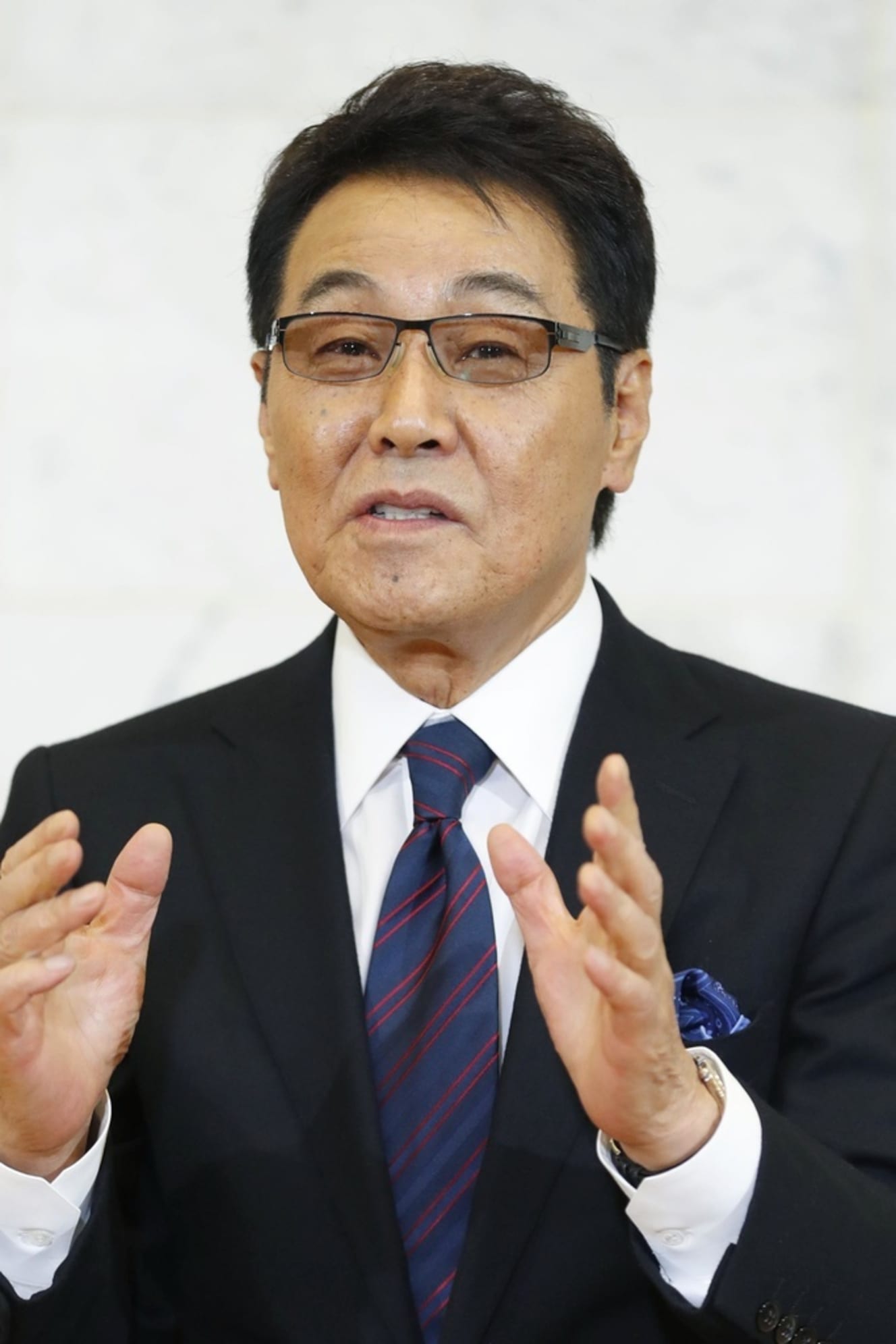Hiroshi Itsuki’s Withdrawal from the Kohaku Uta Gassen Reveals “NHK is Not Kind to the Elderly
Entertainment reporter Toshio Ishikawa's "The other side of the story: ......

(Entertainment reporter Toshio Ishikawa’s “Behind the Scenes of That Event: ……”)
Where is NHK’s year-end national program, the Kohaku Uta Gassen, headed?
This year, too, Hiroshi Itsuki will be leaving. When he participated in last year’s show, he said before singing “Yamakawa”.
Before singing “Yamakawa” at the last year’s contest, he said, “Thanks to your support, I have been able to participate in this contest for 50 consecutive times. This will be one of the major milestones for me as well, and I will sing it with all my heart.
He said. Mr. Itsuki must have made up his mind to graduate from Kohaku at that time, but I wondered if the older generation would be satisfied with that.
For several years now, Saburo Kitajima, Shinichi Mori, Kenichi Mikawa, Akiko Wada and others have been disappearing in the name of “metabolism.
Singers who have many hit songs will no longer be able to watch “Kohaku”, which is one of the biggest joys for the elderly at the end of the year. One of the reasons behind their lack of hit songs is the disappearance of enka and song programs from radio and TV programs, and record companies have been producing singers who do not go against the policy of the broadcasting stations.
As a result, people who can sing memorable songs and enka have been weeded out, although not all of them. There were more and more singers who were gorgeous to look at and of course cute and handsome.
To return to the topic at hand, I think Mr. Itsuki’s decision to graduate from Kohaku was based on the reaction of NHK’s song programmers and his colleagues at the record company.
He told the audience at the “Hiroshi Itsuki 50th Anniversary Concert” held at the New Kabuki-za Theater on October 17, “This is not something that can be achieved easily. I would like to finish with joy in my heart.
But I don’t think that’s all there is to it.
The singers who supported the music industry in the ’60s and ’70s. The elderly people whose lives have been cheered by their songs. Even in this day and age, it is “grandfathers and grandmothers” who support songs and enka.
Many young people are not at home from New Year’s Eve to New Year’s Day, going out for New Year’s visits or participating in other year-end events. Many of the older generations are probably looking forward to sitting at home in the kotatsu, eating New Year’s Eve soba noodles and watching the “Kohaku Uta Gassen”. For this reason, I’d like to share with you some of the
For this reason, I would like to ask all the singers who have not had a hit this year to turn down.
I wonder if NHK can do something about its current policy, which could be seen as a request to turn down singers who have not had a hit this year. NHK is able to produce its programs without worrying about ratings or sponsors, because its programs are made possible by the subscription fees paid by the elderly….
Just like some party leaders.
“I’m not saying, “I’m going to destroy NHK!
I’m not saying “destroy NHK!” like some party leaders, but I do wish NHK would be more friendly to the elderly. I don’t know if I’m the only one who wishes that….
Text: Toshio Ishikawa (Entertainment Reporter)
Born in Tokyo in 1946. Born in Tokyo in 1946, he has a unique career path: from the advertising department of Shochiku to a reporter for a women's magazine to an entertainment reporter. He has been active in "The Wide" and "Information Live Miyaneya" (both on Nippon Television Network Corporation), and currently appears regularly in "Mentai Wide" (Fukuoka Broadcasting Corporation), "Sumataman" (Yomiuri Television Corporation), and on the radio at Fukui Broadcasting Corporation, Radio Kansai, and Rainbow Town FM.
Photo: Kyodo News